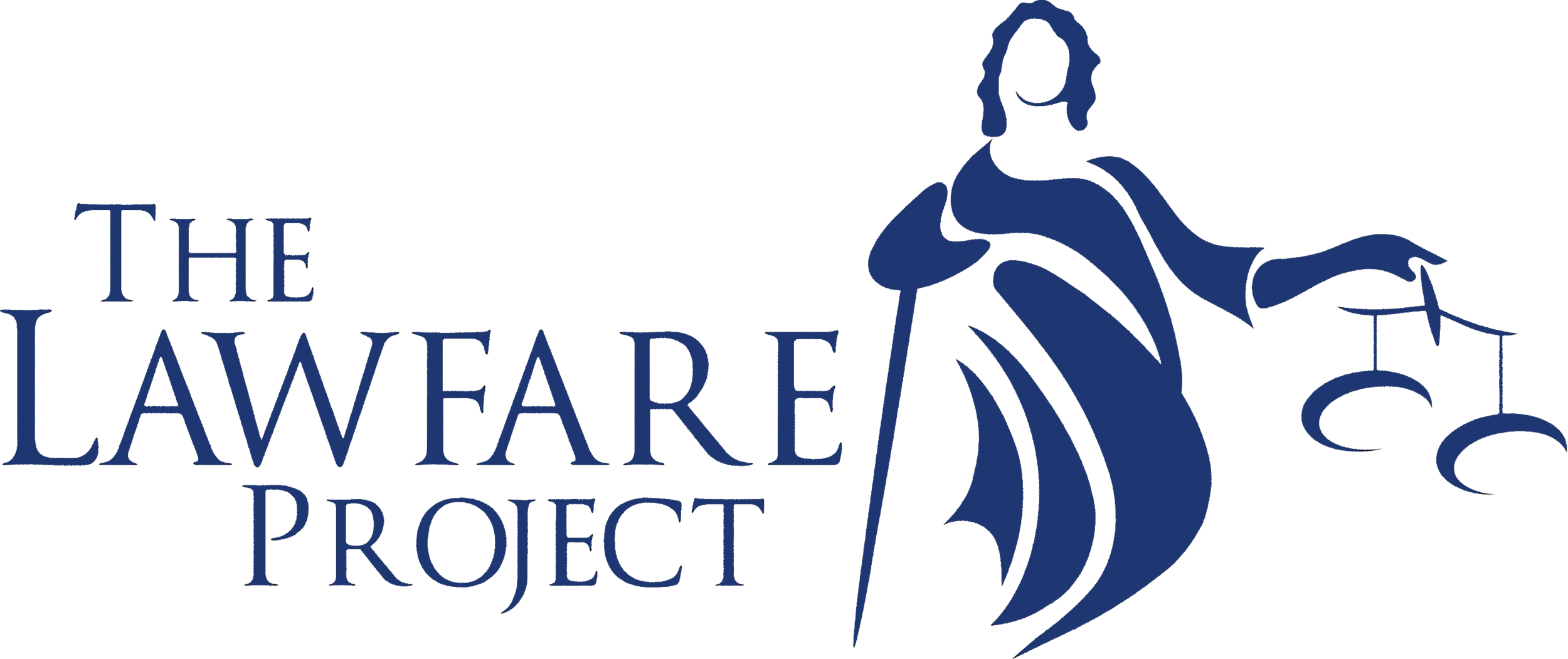Discriminatory labeling of Israeli products in France
In 2017, The Lawfare Project, alongside French law firm Cabinet Briard, took legal action against discriminatory labeling practices imposed by the European Union, which required products from Israeli "disputed territories" to be labeled differently from other Israeli goods. The case, filed on behalf of Psâgot Winery, challenged the forced labeling of its wine as produced in an "Israeli colony." After the French court referred the matter to the European Court of Justice (ECJ), the court ruled in 2019 that EU law required the labeling of Israeli goods from the disputed territories.
Though the decision was initially disappointing, with the ECJ ruling in favor of the labeling requirements, the ruling sparked significant pushback globally, including from U.S. Secretary of State Mike Pompeo, who affirmed that Israeli-made products from Judea and Samaria should be labeled "Made in Israel." The decision also opened the door to broader economic implications, as countries involved in territorial disputes or human rights issues faced potential trade consequences.
While the ECJ ruling didn’t go in Psâgot's favor, it ultimately led to greater international recognition and support for Israeli businesses, prompting changes in U.S. and Canadian policies, including recognition that products from Jewish-owned businesses in these regions should be fairly labeled. Today, the legal fight continues, and Psâgot Winery, supported by The Lawfare Project, remains a steadfast advocate for justice and fairness for Israeli producers, with further legal challenges underway to combat these discriminatory practices.
